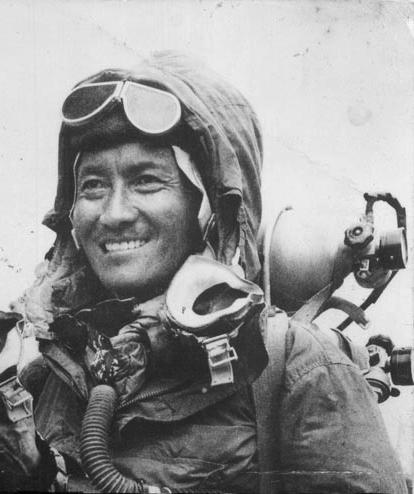Hannah Arendt, perhaps best known for her writings on Adolf Eichmann in A Report on The Banality of Evil, lamented the erosion of authority in what she termed the “public space,” the areas in which we gather, in reality, or virtually, and share.
“A teacher’s qualifications involving knowing something and how to teach it, while authority involves assuming responsibility. That’s similar to the way the authority of a mountain guide comes not just from knowledge of the terrain, but also an assumption of responsibility for those guided.”
It was that second analogy that struck home to me as a physician or medical Sherpa, and I think it helps explain what is so bothersome for many of us as we observe changes in our systems of care.
Knowledge of the terrain
This is perhaps the easiest place to begin. It takes a long time, roughly the time from kindergarten to graduating high school for a high school graduate to complete their training as a physician. The time requirements and scope of knowledge required for nurse practitioners and physician assistants are markedly less. So, it is little wonder that many of my peers view them as extenders of expertise, like a DaVinci robot, rather than knowledgeable practitioners. But to continue the analogy, over time, with experience climbing the mountain, the practical abilities of both physicians and their clinical counterparts improve. While our comprehension may not fully equalize, in many ways our competence does; except for some, and this is true for both groups, that competence may be fragile, limited to the conditions in which the experience was gained. Perhaps a better way to describe this would be that those who do not have as broad a knowledge base may find themselves like a fish out of water. So one reason for distress is that our comprehension is far less valued than competence.
Assumption of responsibility
During my surgical training, rightly or not, we were held accountable for our patient’s clinical outcomes. We stood every week, in front of our peers, the surgical community, and reported our successes and failures; of course, explaining our successes was far more comfortable than our errors. Just as the Sherpa is bound by ropes to those they guide, we were tethered to our patients.
But corporate healthcare is unshackling us in some ways. We train and work in shifts; continuity of care is truncated artificially by the clock. Any able provider is considered equivalent, especially because such a belief makes for greater patient convenience, someone is always available, and for physician’s work-life balance, it doesn’t always have to be you. How often do you see the same physician, how often are women entering labor attended by the same physician that cared for them prenatally?
At the same time, we are being shackled to new responsibilities, specifically administratively designated metrics. As the clock and clinician substitution causes us to surrender our responsibility for a particular patient's outcome, numeric abstractions have taken their place, in many cases, for numbers out of our control, like a patient’s insurance coverage.
The end result of these forces is that physicians are losing their authority, we are losing our ability to be successful guides. That will be a loss for us all because we all become patients; we do not always remain physicians. If we continue on this course, then direct-to-consumer drug ads, and the science feature on the screen, television or internet, will become our Sherpas. If you had to choose when climbing Everest, do you take Tenzing Norgay or YouTube?
Disclaimer: The idea I am about to try and convey had its origins in a beautiful new book by Robert Crease, The Workshop and the World, that is not getting the buzz it so rightfully deserves, especially for our readership. The Workshop and the World looks at the issue of the denial of science, an argument that goes back centuries and is not just confined to our times. Crease looks at the thoughts, actions, and shaping of science by ten historical figures; from Galileo to Mary Shelley, Hannah Arendt, and Kemal Ataturk – the founder of the Turkish Republic.
In the meantime, to paraphrase Austin Kleon and Picasso, I am stealing like an artist.



